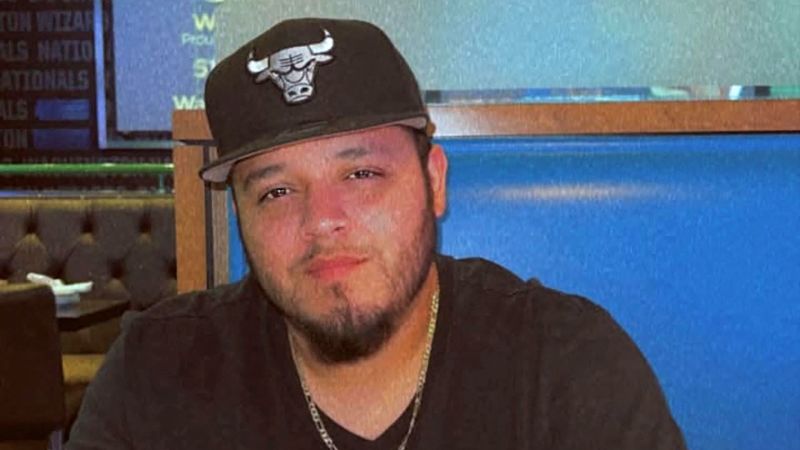In a notable case unfolding in Tennessee, a judge has ruled that the Justice Department did not provide sufficient evidence to justify keeping Kilmar Abrego Garcia in pretrial detention. Abrego Garcia, who was mistakenly deported to El Salvador and subsequently returned to the United States, remains in federal immigration custody due to the complexities surrounding his situation. Primarily charged with smuggling undocumented immigrants across state lines in 2022, he awaits his trial while contesting the charges against him and pleading not guilty.
The legal journey of Abrego Garcia has evolved into a focal point of controversy, particularly in light of the Trump administration’s stringent immigration policies and enforcement tactics. The Department of Justice has sought to frame him as a significant player within a gang operation tied to Maryland, ramping up the stakes in the case amidst a political backdrop rife with tension over immigration control and enforcement.
Magistrate Judge Barbara Holmes, presiding over the federal court in Nashville, expressed skepticism over the state’s arguments for pretrial detention during a recent ruling. She stated that the government had not effectively demonstrated that Abrego Garcia posed a threat to any minors or that he was a flight risk, despite the Justice Department’s claims to the contrary. In her analysis, she indicated that the lack of robust evidence failed to meet the threshold required to justify restrictive measures prior to his trial.
Nevertheless, despite the ruling favoring his release from pretrial detention, Abrego Garcia is unlikely to regain his freedom due to ongoing immigration proceedings. This indicates a bifurcated legal struggle, where, regardless of the criminal charges, immigration authorities may exercise their power to detain him independently of the criminal case.
Holmes’s recent ruling, approximately 51 pages long, criticized the Justice Department’s tactics as exaggerated and unsupported by reliable evidence. The judge highlighted that the allegations against Abrego Garcia stemmed from dubious sources, such as hearsay from informants and conclusions drawn from a mere traffic stop. Importantly, she pointed out that the accusations involving minors were not part of the actual charges, challenging the legitimacy of the government’s approach in framing the case.
The Justice Department’s legal team, including Attorney General Pam Bondi and prosecutor Robert McGuire, emphasized the inherent dangers of smuggling operations, citing risks to both adults and children involved in such illicit actions. The narrative presented had also linked him unjustifiably to violent street gangs, notably MS-13, based solely on tenuous connections rather than concrete evidence.
In the aftermath of this judicial decision, the Justice Department has signaled its intention to appeal Holmes’s ruling, downplaying the situation’s significance while expressing optimism about achieving better outcomes in higher courts. The administration is poised to continue pursuing the criminal charges against Abrego Garcia regardless of any early setbacks.
Upcoming hearings are scheduled, with further discussions surrounding the conditions of Abrego Garcia’s potential release. His defense attorney, Sean Hecker, conveyed satisfaction with the court’s analysis, highlighting the affirmation of Abrego Garcia’s rights to due process and the presumption of innocence—a hallmark of the American legal system that the government appeared to undermine in its handling of the case.
Tricia McLaughlin, representing the Department of Homeland Security, was unequivocal in her stance, labeling Abrego Garcia as a “dangerous criminal illegal alien” and asserting that he would not be allowed to walk free in the United States.
The backdrop of this case includes significant legal and political ramifications, notably due to Abrego Garcia’s mistaken deportation which had sparked a political crisis under the Trump administration. Legal representatives argue that this error violated judicial mandates that required the federal government to facilitate his return, leading to ongoing allegations against the administration for its mishandling of the deportation process.
Overall, this case signifies more than merely a legal battle over individual rights; it encapsulates broader discussions surrounding immigration enforcement, due process, and the implications of political agendas on judicial outcomes in the United States.



